Discover the properties of olive oil and what it can do for us when we add it to our diet in the right portions. When we seek to be healthy, one of the factors to which we give a lot of importance is nutrition. We know that, for our body to function correctly, the ideal is to have a balanced diet that includes all food groups (proteins, carbohydrates, and fats, among others).
When cooking, we sometimes overlook certain details that, although we may not be aware of them, influence our diet, the way we prepare our food, and what we consume. One of these elements is the oil we use to cook our food. Which is healthier?
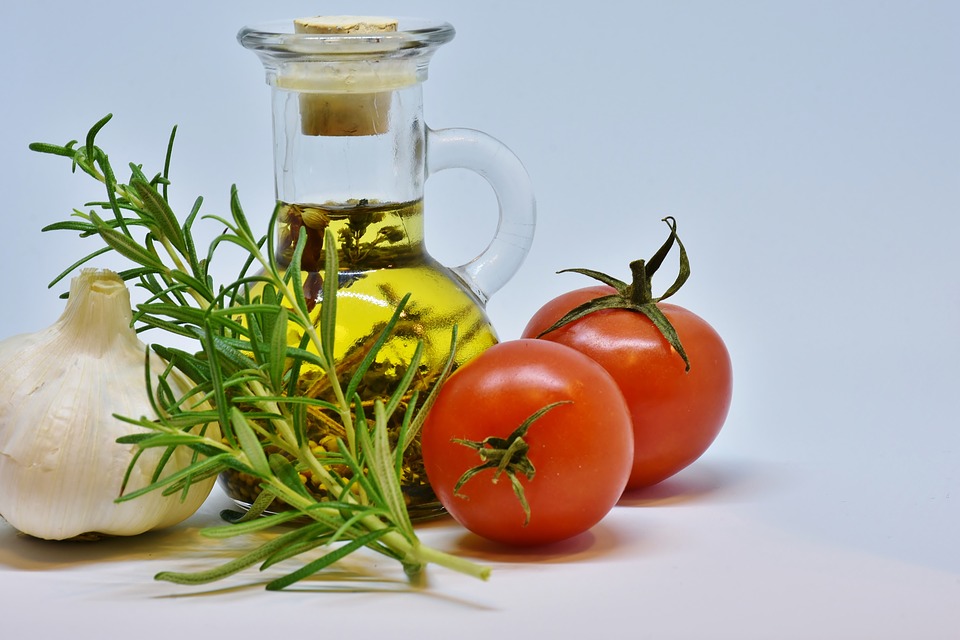
Olive oil is a culinary product that can be used to cook food and to consume it as a complement to our meals, raw. This oil is of natural origin and is extracted from olives through different processes.
“All types of olive oil are the same and do not lose their properties”
There are different types of oil on the market, but the most common, says Gabriela Melchor, nutritionist, are extra virgin and virgin. According to Lucrecia Barillas, a nutritionist at Habit, the first is more natural than the second because it has fewer chemical processes; therefore, the virgin has a milder flavor than the extra virgin.
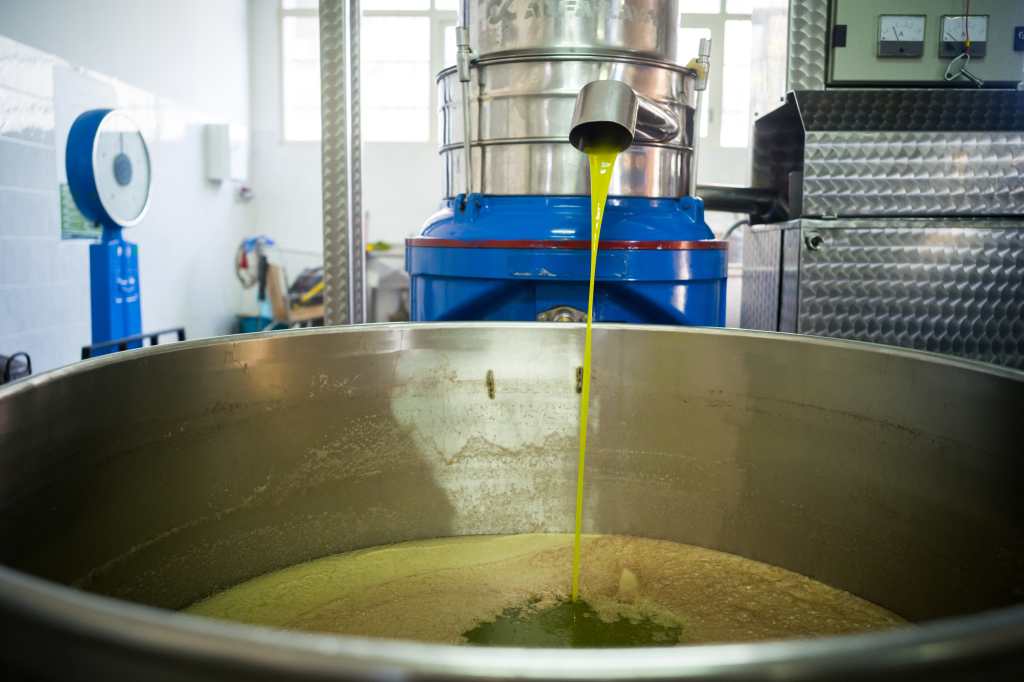
By going through these chemical processes at an industrial level, virgin olive oil loses certain properties; ‘although it has a stronger flavor, extra virgin olive oil is healthier,’ emphasizes Barillas.
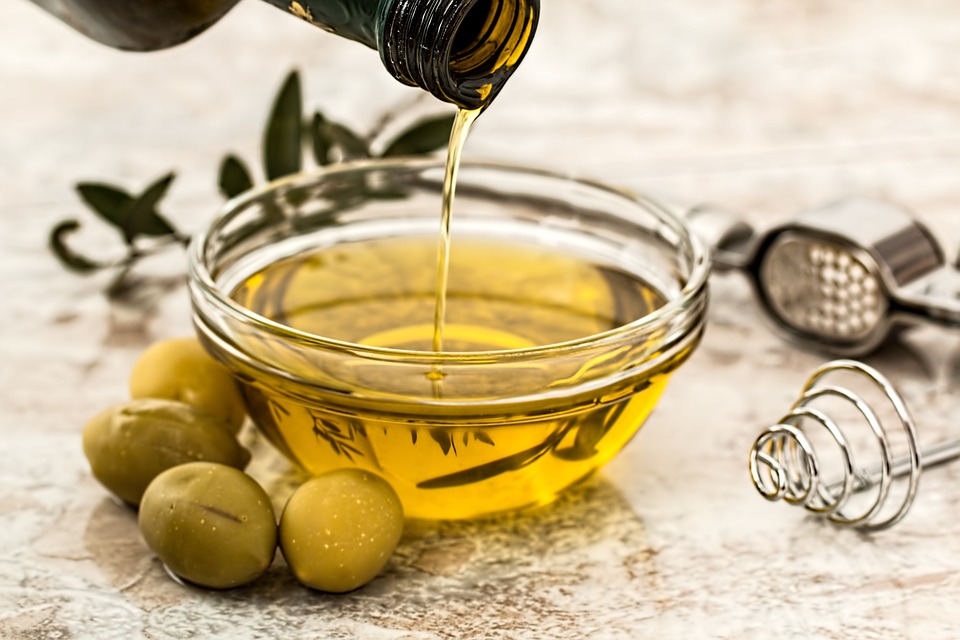
According to Melchor, the best quality is extra virgin oil and it is important to check the labels when buying it to make sure it is not mixed with another type of oil. ‘You have to look for one that is cold pressed because it has not been subjected to any heat process and its molecule has not changed, so this guarantees that the extraction process has been correct and that it has not been processed,’ he explains.
“No matter how we consume it, olive oil retains its properties”
This topic is related to the previous one since the chemical processes that change the molecule involve heat. The same happens in culinary consumption, since some people consume it, as in the Mediterranean diet, raw and as a complement to their meals; but other people use it to cook their food in a pan.
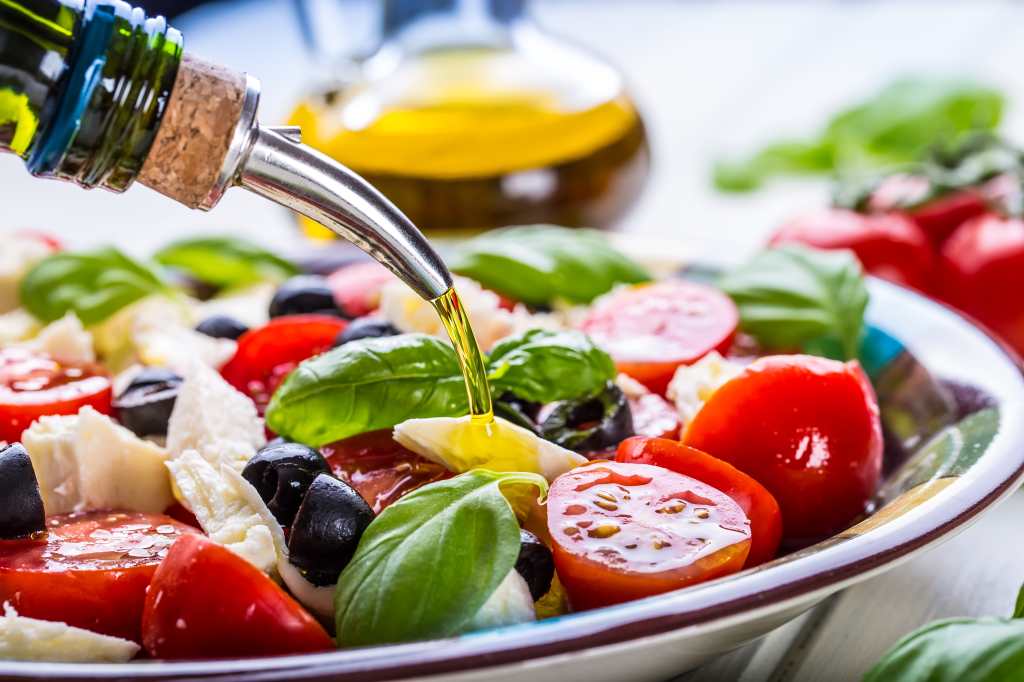
According to Barillas, when the oil is heated, it ‘easily oxidizes and produces substances that are harmful to the body, as well as becoming ugly and having an acidic taste’, he says. Melchor adds that ‘the oil should not be burned or brought to the point of smoke because its molecular structure changes and it loses its properties’. Therefore, the ideal is to consume it raw and as a dressing for salads, for example.
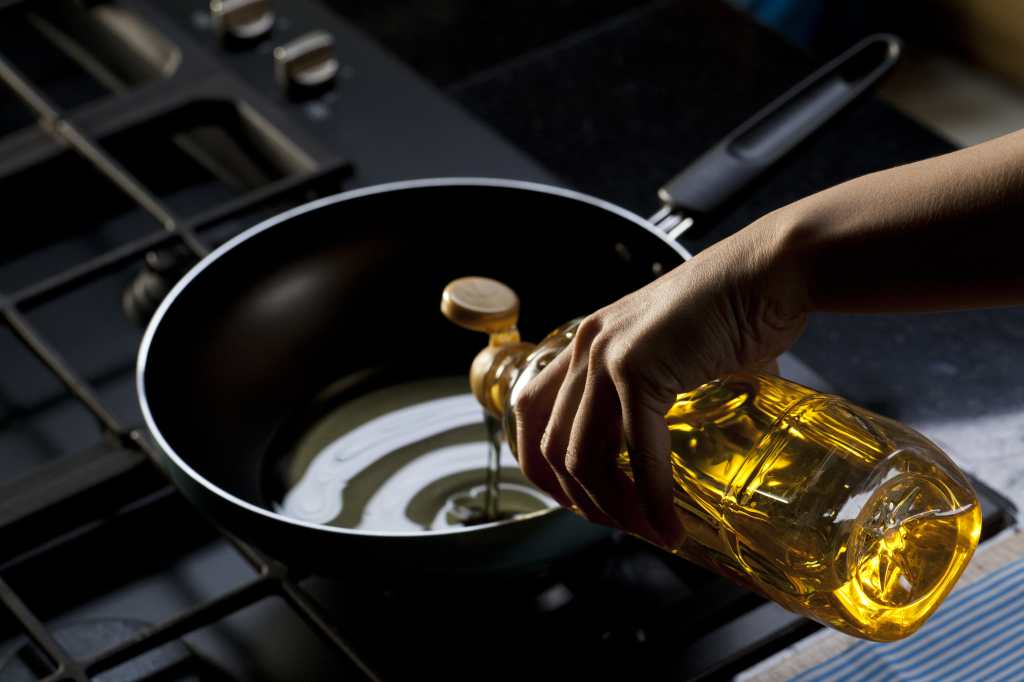
Likewise, to avoid a change in its molecular structure, Barillas recommends storing it in a cabinet at room temperature; never leaving it exposed to heat, or in a window or under the sun, as it oxidizes.
“One of the benefits of olive oil is that it helps us lose weight”
This product is often recommended for people who want to lose weight, since, being of plant origin, it is cholesterol-free and healthier for our diet. What you should not forget is that the intake of this oil must be accompanied by a balanced diet to see the benefits.
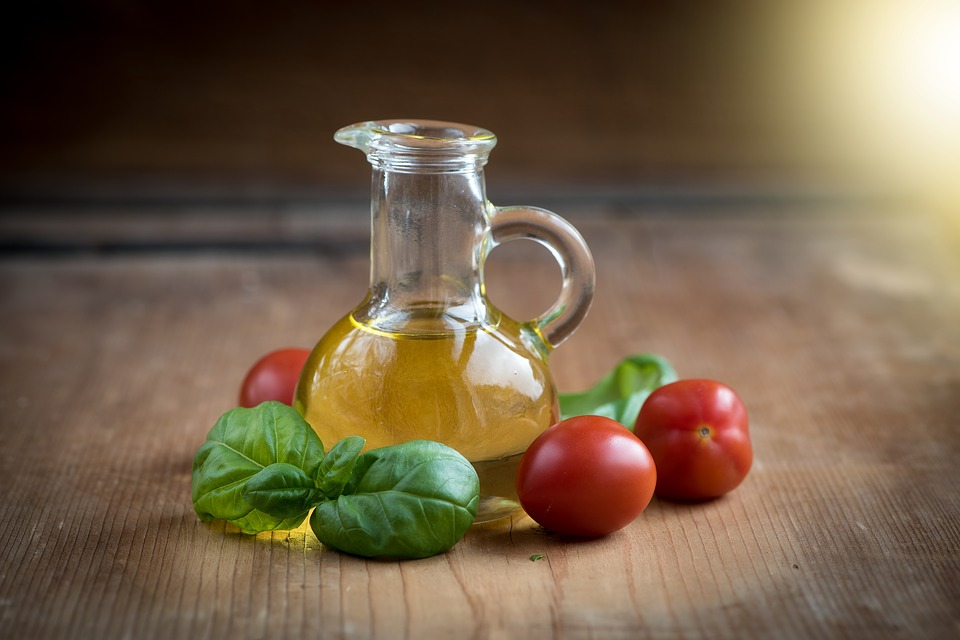
Melchor explains that olive oil ‘has monounsaturated fatty acids that, as they do not contain cholesterol, are cardioprotective and help maintain cardiovascular health’. In addition, ‘it helps lower LDL cholesterol (which causes cardiovascular problems) and does not affect HDL, which is good for our body’.
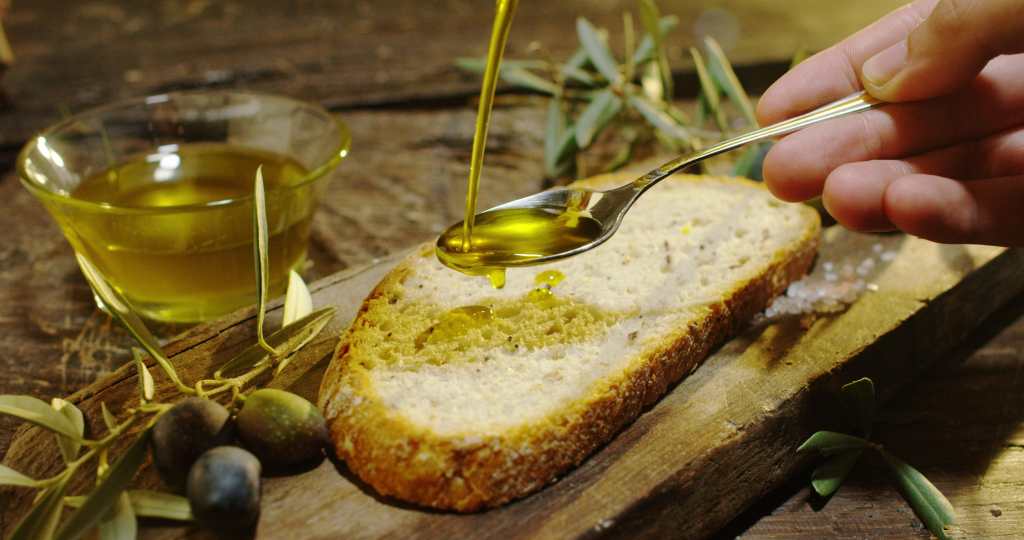
For Barillas, one serving of fat is equivalent to one tablespoon of olive oil, which contains approximately 120 calories. By having a balanced diet and consuming the right portions, olive oil can “help reduce the risk of diseases such as hypertension, diabetes, and other cardiovascular problems,” he adds.
Other properties and benefits of olive oil
According to Barillas, among its properties are monounsaturated fatty acids such as omega 9; and polyunsaturated fatty acids such as omega 3 and 6. It also has certain functions such as transporting fat-soluble vitamins such as A, B, and K; ‘in addition to protecting the bones because it covers them’.
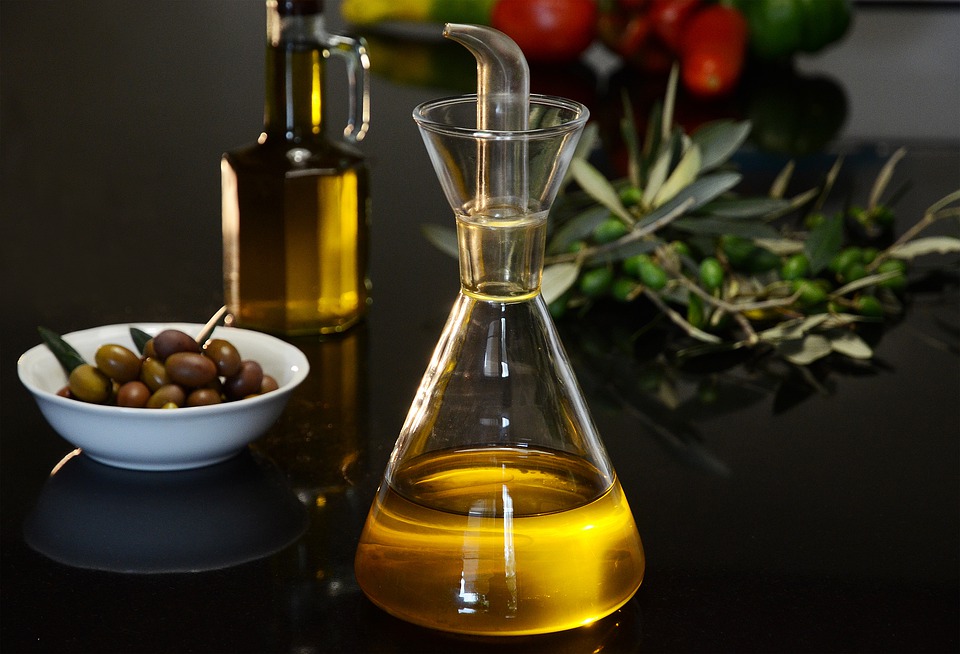
In addition, it improves intestinal transit and contains antioxidants that help prevent the development of cancer and Alzheimer’s. Fats also help in the formation of hormones.








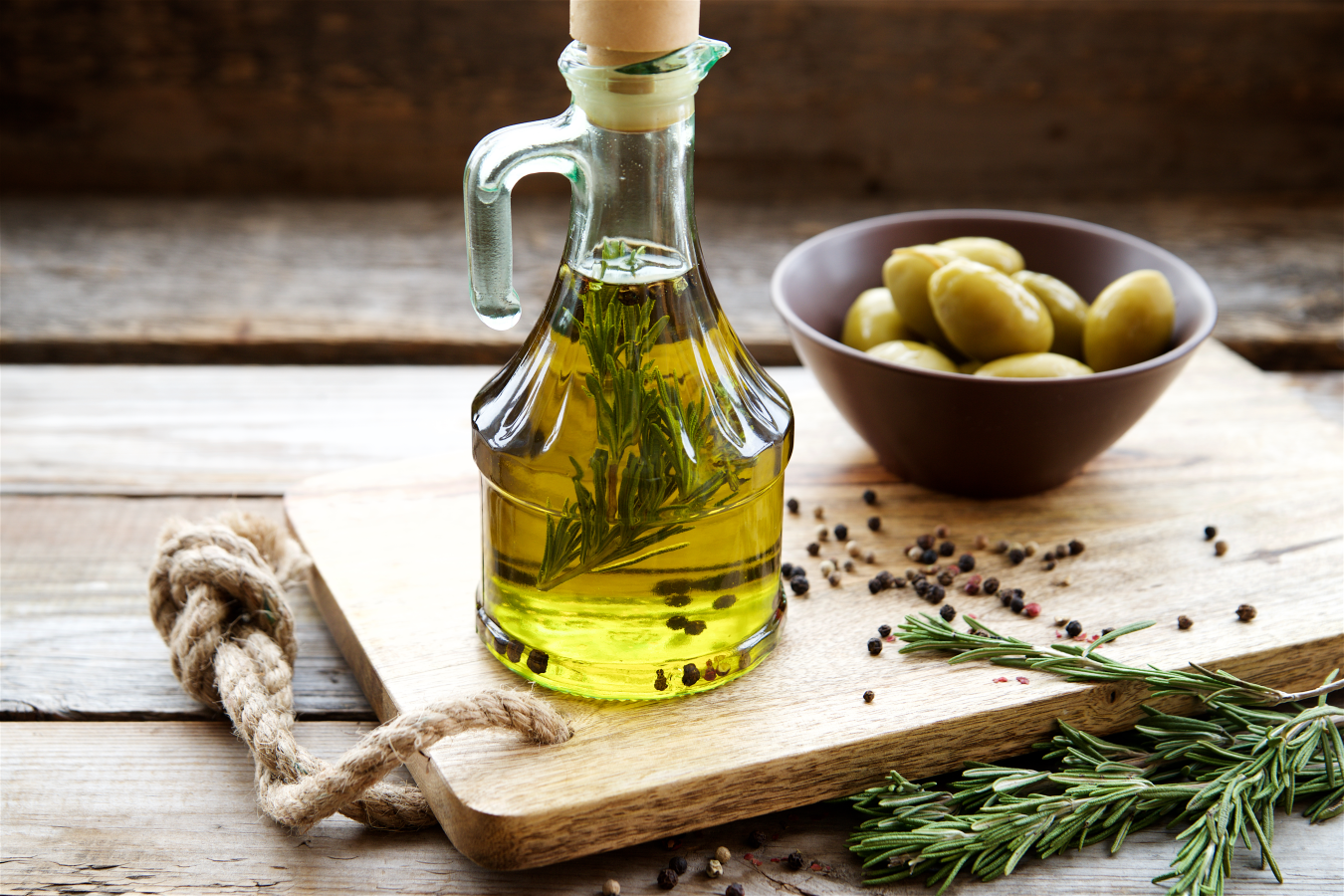






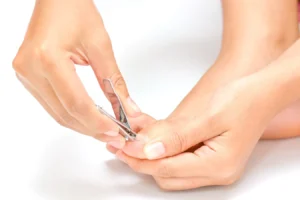







+ There are no comments
Add yours